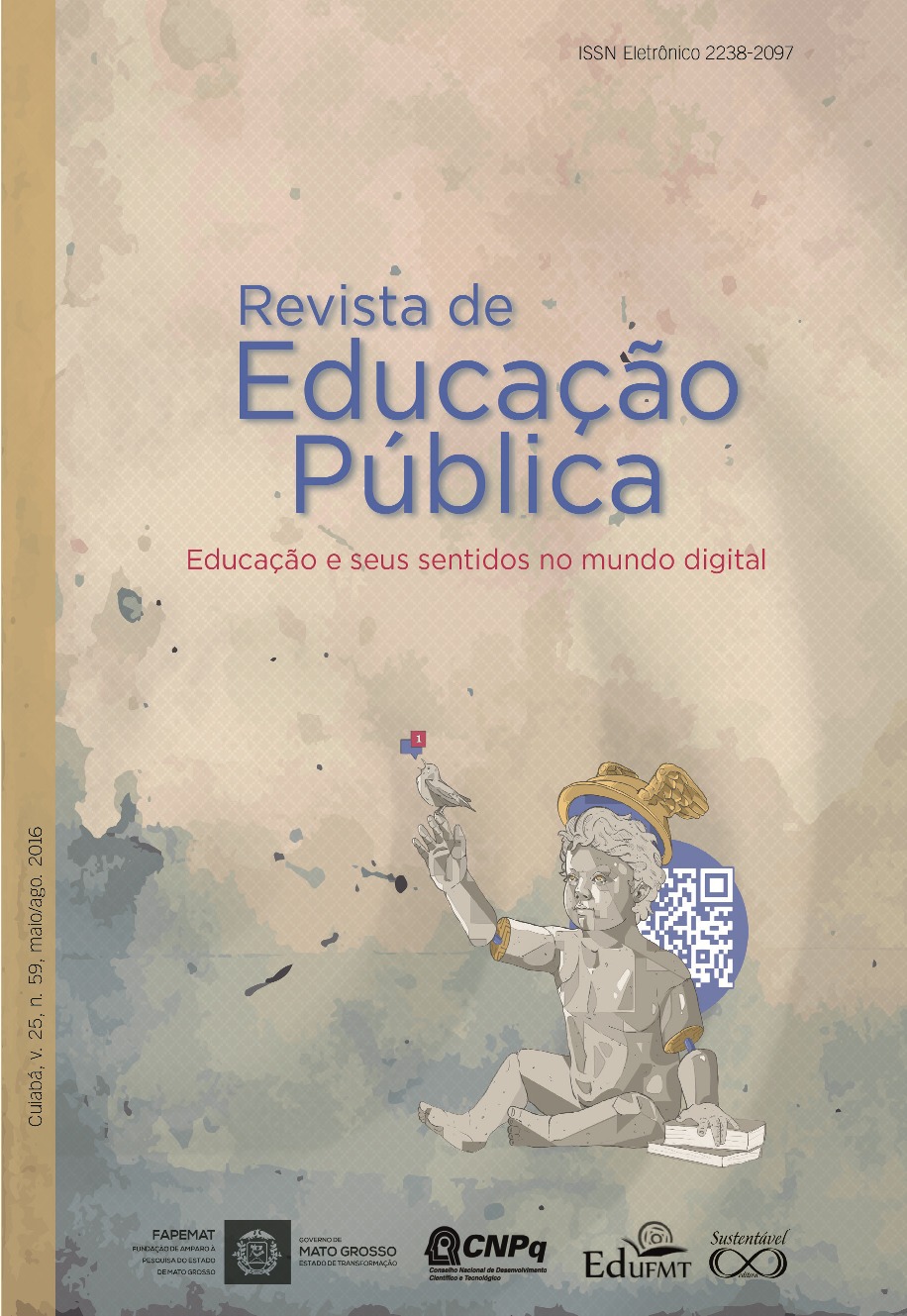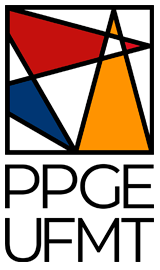Cultura da convergência e universidade: contributos da Educação a Distância
DOI:
https://doi.org/10.29286/rep.v25i59/1.3673Palavras-chave:
Convergência. Cultura Participativa. Inteligência Coletiva.Resumo
A nova cultura mediática pode ser uma catalisadora de mudanças na prática pedagógica e na forma como se promove a construção do conhecimento. Algumas dessas mudanças tardam em se refletir na prática educativa, designadamente ao nível universitário. Outras ultrapassam o que a teoria poderia prever ante as profundas alterações com que a atual ecologia dos mídia nos confronta. Neste texto, procuramos apresentar alguns conceitos-chave associados à Cultura da Convergência e à sua relação com as novas formas de aprender. Abordam-se a Educação a Distância e o seu papel na transformação da pedagogia universitária, tendo em vista uma nova cultura de aprendizagem.
Palavras-chave: Convergência. Cultura Participativa. Inteligência Coletiva.
Downloads
Referências
AMANTE, L. et al. Novos contextos de Aprendizagem e Educação online. Revista Portuguesa de Pedagogia. Coimbra, v. 42, n. 3, p. 99-119, 2008.
BRAGA, R. Convergência entre a Educação a Distância e a Educação Presencial. Bussola Educacional, Juiz de Fora, 2014. Disponível em: <http://goo.gl/2CnNC0>. Acesso em: 18 fev. 2016.
BUARQUE, C. A universidade na encruzilhada. São Paulo: Editora Unesp, 2014.
CÁDIMA, F. R. A Televisão, o Digital e a Cultura Participativa. Lisboa: Média XXI, 2011.
CARR, N. Os Superficiais: o que a Internet está a fazer aos nossos cérebros. Lisboa: Gradiva, 2012.
CASTELLS, M.; CARDOSO, G. (Org.). A Sociedade em Rede: do conhecimento à ação política. Lisboa: Imprensa Nacional, 2005.
CORMIER, D. Rhizomatic education: community as curriculum. Innovate, Flórida, EUA, v. 4 n. 5, junho/julho 2008. Disponível em: <http://nsuworks.nova.edu/cgi/viewcontent.
cgi?article=1045&context=innovate>. Acesso em: 18 nov. 2015.
DELORDS, J. et al. Learning: the treasure. With in: Report to UNESCO of the International Commission on Education for the Twenty-first Century. Paris: UNESCO, 1996. Disponível
em: <http://www.see-educoop.net/education_in/pdf/15_62.pdf>. Acesso em: 18 fev. 2016.
DOWNES, S. An Introduction to Connective Knowledge. 2005. Disponível em:
downes.ca/cgi-bin/page.cgi?post=33034>. Acesso em: 18 fev. 2016.
JENKINS, H. et al. Confronting the challenges of participatory culture: Media Education for the 21st Century. Cambridge, Massachusetts: Mit PressBooks, 2006. Disponível em:
gl/gIIVdf>. Acesso em: 18 fev. 2016.
JENKINS, H. Cultura da Convergência. São Paulo: Aleph, 2009.
LÉVY, P. A inteligência coletiva: por uma antropologia do ciberespaço. São Paulo: Edições Loyola, 1998.
______. A inteligência coletiva: por uma antropologia do ciberespaço. 3. ed. São Paulo: Loyola, 2000.
MORGADO, L. O papel do Professor em Contextos de Ensino Online: problemas e virtualidades. Discursos, Perspectivas em Educação. Universidade Aberta, 2001. III Série, n. Especial. p. 125-138.
NÓVOA, A.; AMANTE, L. Em busca da Liberdade. A pedagogia universitária do nosso tempo. REDU - Revista de Docência Universitária, n. 1, v. 13, p. 21-34 enero/abril, 2015. Disponível
em: <http://red-u.net/redu/index.php/REDU>. Acesso em: 18 fev. 2016.
PHIPPPS, R.; MERISOTIS, J. What’s the difference? A review of a contemporary research of the effective eness of distance learning in higher education. The Institute for Higher Education
Policy, Washington, DC, 1999. Disponível em: <http://www.ihep.com(Pubs/PDF/Dofference.
pdf>. Acesso em: 18 fev. 2016.
RHEINGOLD, H. Mind amplifier: can our digital tools make us smarter? Cambridge: Mit Press Books:, 2012.
SANGRÀ, A. La Educación a Distancia como Factor Clave de Innovación en los ModelosPedagógicos. Discursos, Perspectivas em Educação, Portugal, Universidade Aberta, n. 1, p. 15- 22. 2003.
SANTAELLA L. A ecología pluralista da comunicação. São Paulo: Paulus, 2010.
SERRES, M. Petite Poucette. Paris: Éditions Le Pommier, 2012.
SIEMENS, G. Learning Ecology, Communities, and Networks: extending the Classroom. Elearn space, 2003. Disponível em: <http://www.elearnspace.org/Articles/learning_communities.htm>.
Acesso em: 18 fev. 2016.
______. Connectivism: A Learning Theory for the Digital Age. International Journal of
Instructional Technology and Distance Learning, v 2, n. 1, 2004. Disponível em:
itdl.org/journal/jan_05/article01.htm>. Acesso em: 18 fev. 2016.
______. Knowing Knowledge. Elearn space. 2006. Disponível em: <http://www.elearnspace.org/
KnowingKnowledge_LowRes.pdf>. Acesso em: 18 fev. 2016.
UNESCO. World Declaration on Education For All: Meeting Basic Learning Needs. 1990. Disponível em: <http://www.unesco.org/education/pdf/JOMTIE_E.PDF>. Acesso em: 18 fev. 2016.






















































